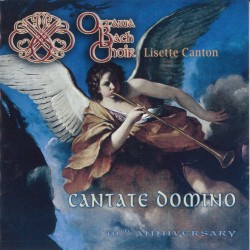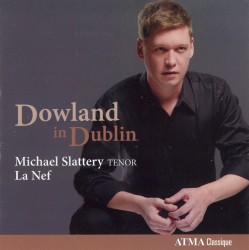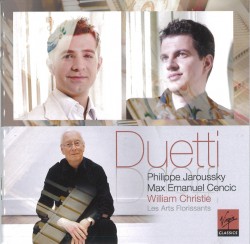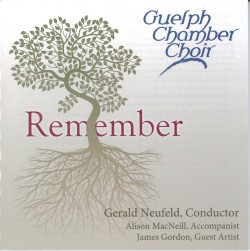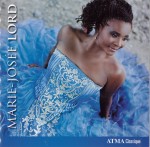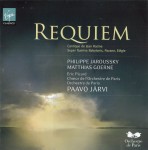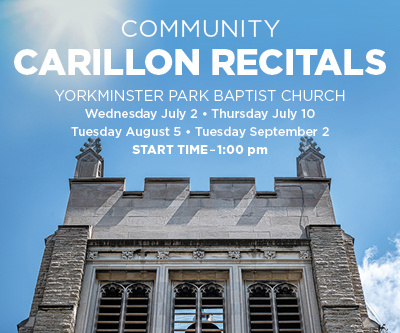Bach – St. John Passion
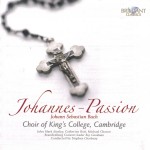
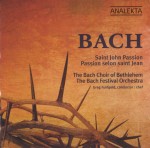 Bach – St. John Passion
Bach – St. John Passion
Choir of King’s College,Cambridge; Stephen Cleobury
Brilliant Classics 94316
Bach – St. John Passion
Bach Choir of Bethlehem; Bach Festival Orchestra; Greg Funfgeld
Analekta AN 2 9890-1
J.S. Bach’s sacred works for soloists, choir and orchestra are all mind-bogglingly wonderful, so to be appointed the task of considering these two excellent performances of his St. John Passion was a true Easter treat. The first is a new release from the Bach Choir of Bethlehem (Pennsylvania), the second a re-issue of a 1995 release featuring the Choir of King’s College, Cambridge. Both choirs have a venerable history: the Bethlehem group was the first Bach Choir founded in the USA (in 1891) and gave that country’s premiere performance of Bach’s B Minor Mass in 1900; and the Choir of King’s College, Cambridge, has been one of England’s premiere choral groups for eons. The BCB is partnered in this recording project by their own Bach Festival Orchestra, playing on modern instruments, while the CKCC is accompanied by the Brandenburg Consort on period instruments.
The soloists on both recordings are all outstanding. Though all the wonderful singers in the CKCC reissue are now no longer on the regular soloist “circuit,” the combined cast listings read like a partial “Who’s Who” of the baroque scene. Of special note in the BCB performance is Charles Daniels who, as always, bestows his consummate clarity, intelligence and expressiveness upon the role of the Evangelist. The other soloists are also excellent, particularly soprano Julia Doyle who imbues “Ich forge Dir gleichfalls” with the perfect blend of delight and innocence. With the CKCC, John Mark Ainsley also sings a very fine Evangelist, and hearing the voices of Paul Agnew, Stephen Varco and Catherine Bott makes for a cheerful trip down memory lane.
Both choirs sing with impeccable ensemble and depth of expression; the Bethlehem group in particular sounds truly congregational in the chorales, a very welcome quality. The orchestral playing in both is first-class, with refined expressiveness, clarity and attention to detail, and the continuo group players in both are equally top-notch. While the thoughtful playing of the Brandenburg Consort on period instruments is a little more to my own taste, the Bach Festival Orchestra players play elegantly, adopting “historically informed” influence with skill and flexibility. Kudos to all involved in these two excellent recordings.


